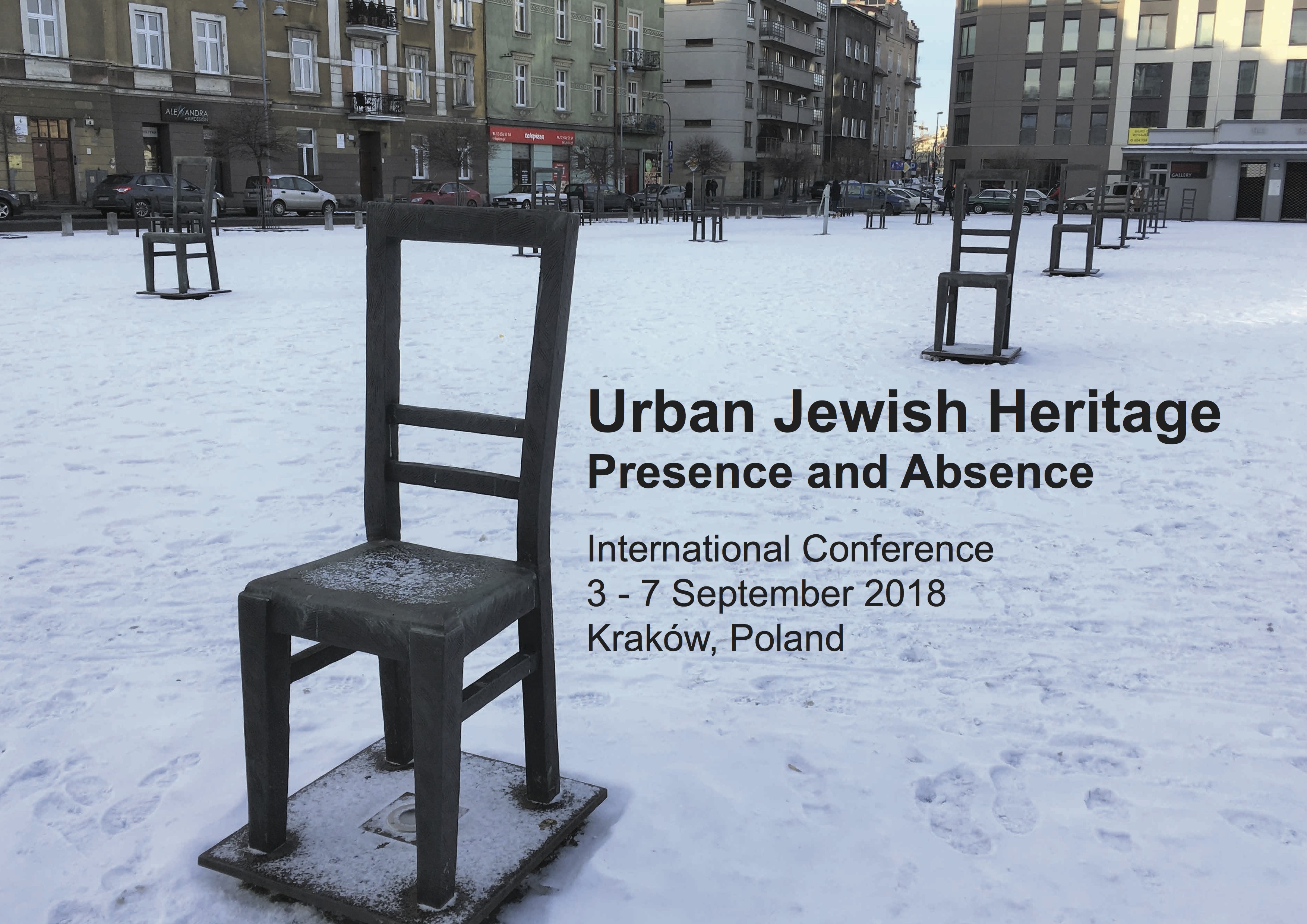The Covid19 pandemic has caused people, worldwide, to be confined to their homes for longer periods of time than previously, causing many changes to take place within them, while many other interiors beyond the home, including hospitals and care homes, have had to respond to the new priorities in a variety of ways. Homes have had to accommodate the additional roles of schools, gymnasia, restaurants, cinemas, offices, making spaces and more. Above all, the home has been looked to as a site to support and enhance the well-being of its inhabitants in a variety of ways. At the same time, the work, retail, leisure, and hospitality spaces in our city centre buildings sit empty constituting a threat to the future urban environment.
A webinar on the subject of Interiors in the era of Covid-19 was hosted by the Modern Interiors Research Centre (MIRC), which is based at Kingston University, London on March 24th 2021. Following that highly successful event, and interest shown by an academic press, we are currently constructing a proposal for a book of essays, based on the themes and ideas that were raised at the webinar.
With Prof. Penny Sparke as lead editor, ‘Interiors in the era of Covid-19’ will be a collection of essays that offer reflections on the complex ways in which a variety of inside spaces have responded to Covid-19 and other pandemics/human crises. The scope of this volume is global and, while most of the essays deal with contemporary issues, others are historically based. We are keen to consider essays that address, among others, the following themes:
• health and well-being at home
• home working
• representing home during the pandemic
• interiors beyond the home
• collection and museum initiatives on pandemic interiors
• responses by interior design educators to the changing context
Some over-arching themes – including the shifting relationship between the arenas of the public and the private; the implications for people’s identities; the important roles played by technology; gender; and the importance of ‘making’ – cut across these themes. Importantly, the essays explore the roles played by designers (both amateur and professional) in accommodating changing requirements and anticipating future ones.
In addition to considering developments of the papers presented at the webinar as potential content for the proposed book, MIRC is offering an opportunity to anyone else who would like to be considered as a contributor to submit a proposal to us. We are especially interested in essays which deal with historical case-studies that address the relationship of pandemics/diseases/human crises with interiors that could help provide a context for the essays with a contemporary focus.
Please send proposals of 500 words, complete with references, to Patricia Lara-Betancourt at p.lara-betancourt@kingston.ac.uk by Tuesday 1st June 2021.











